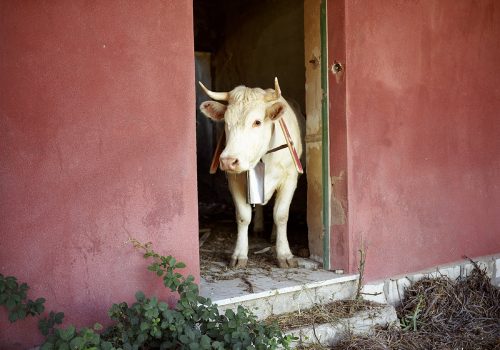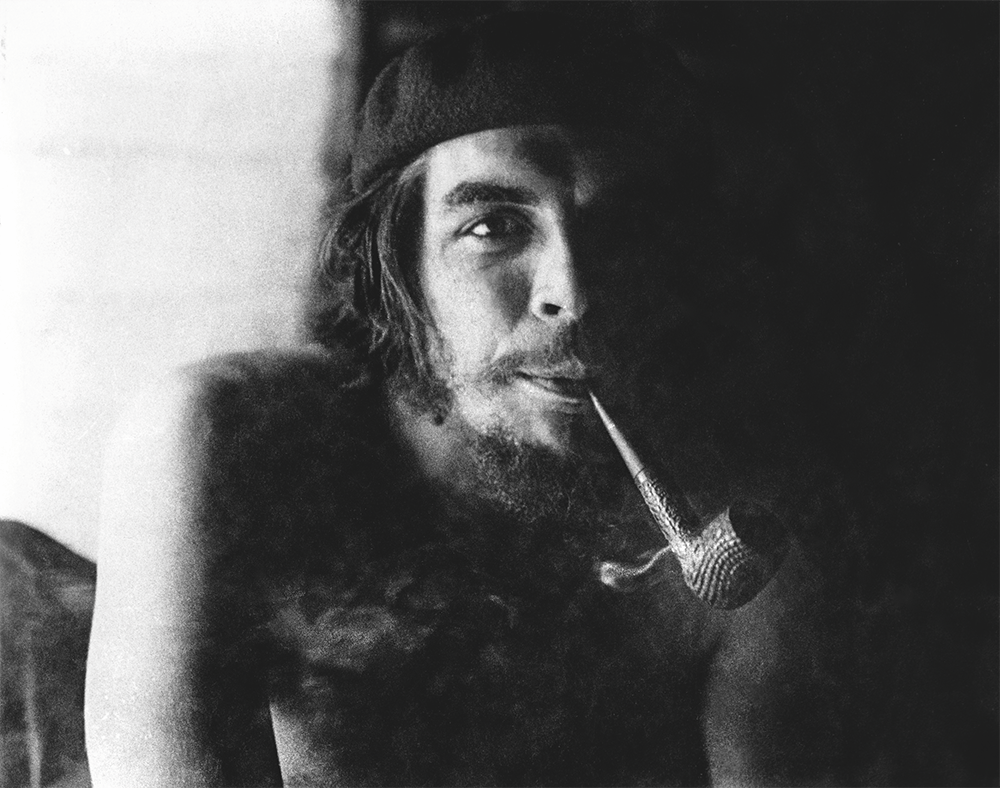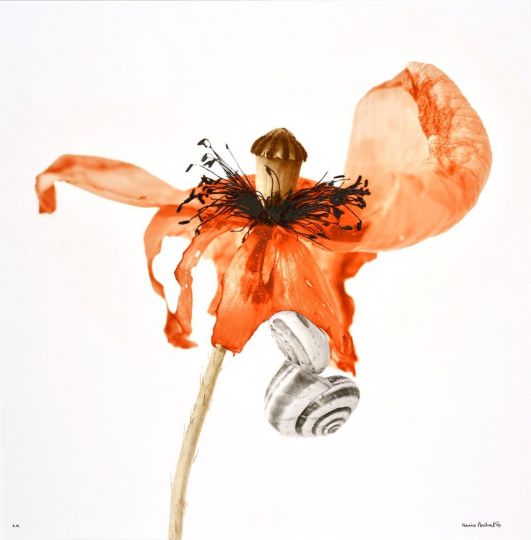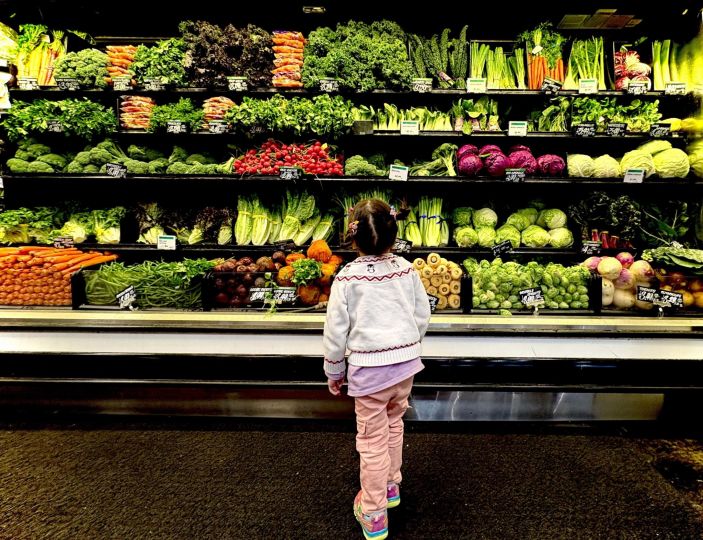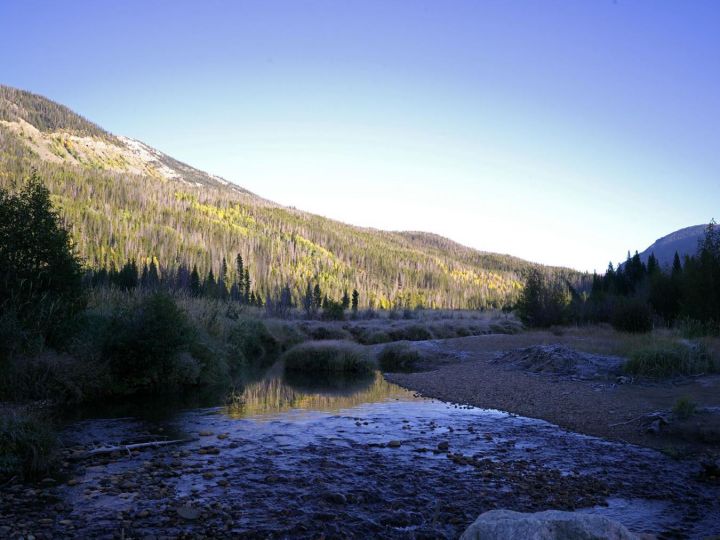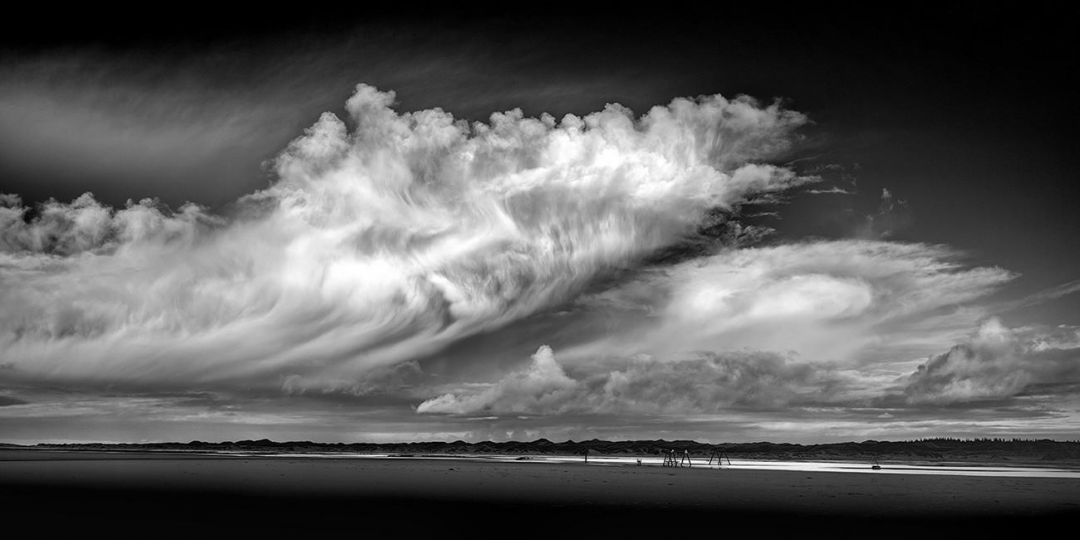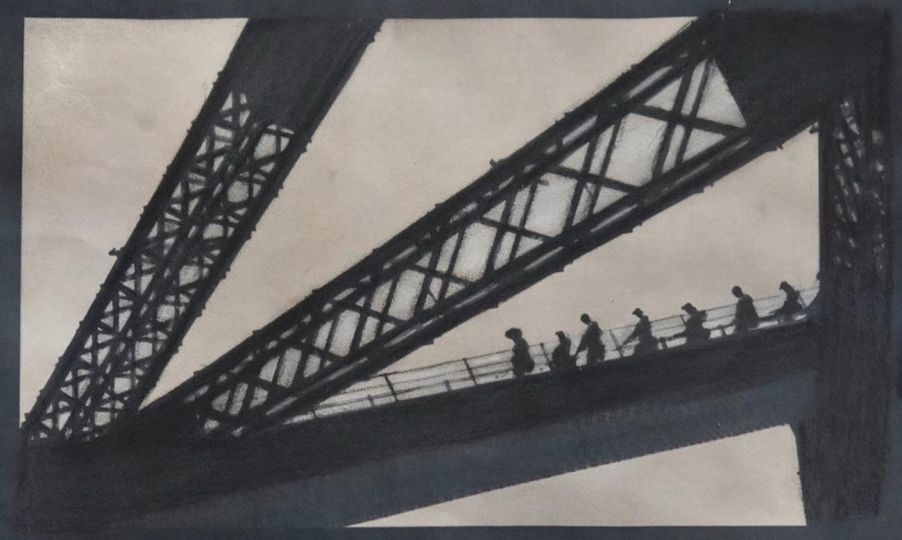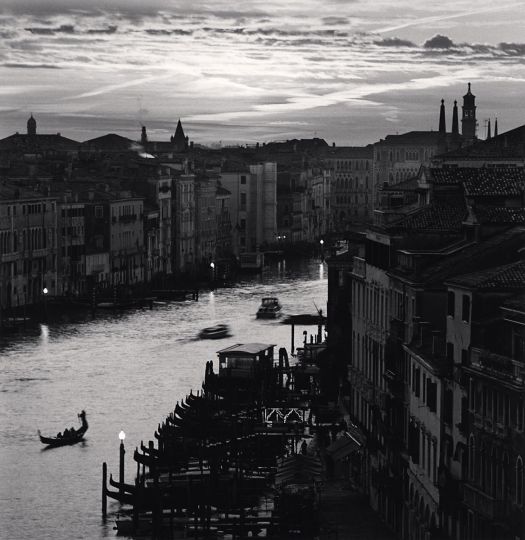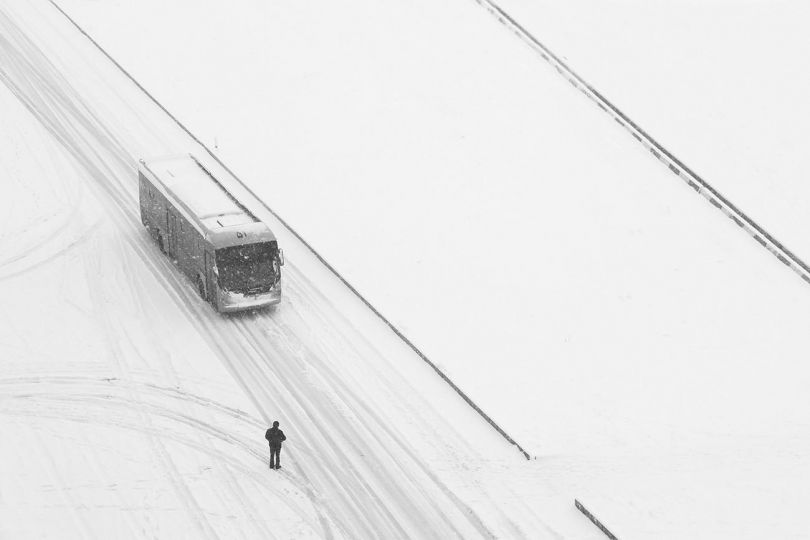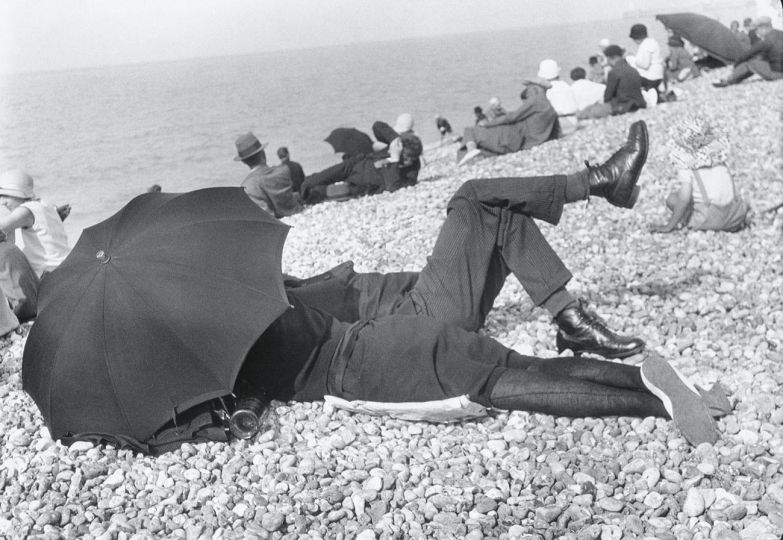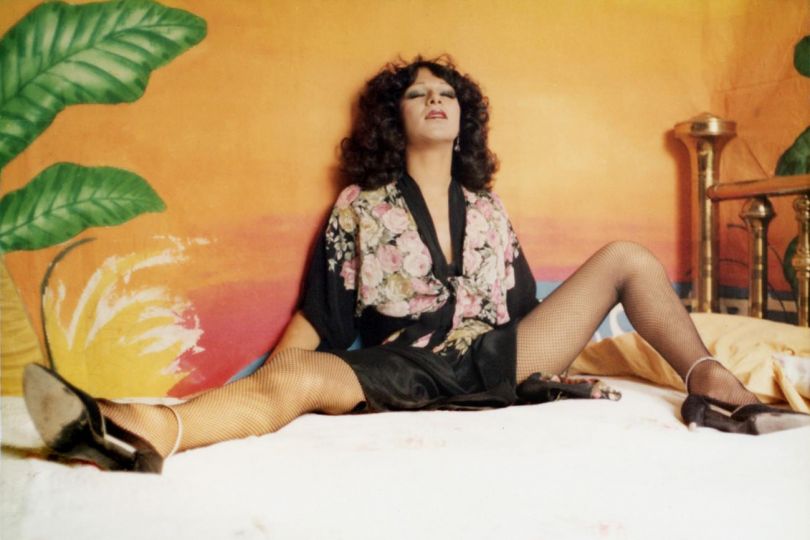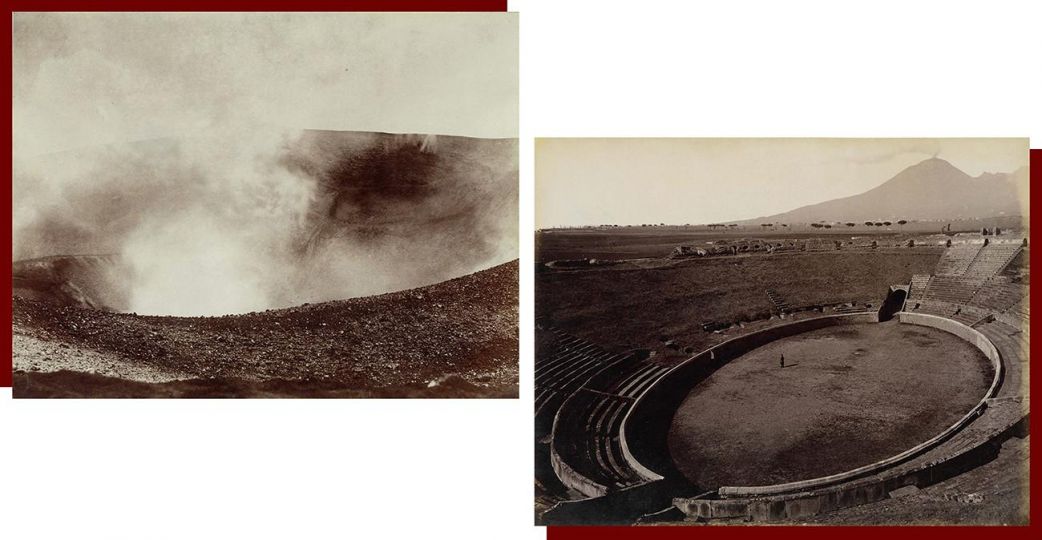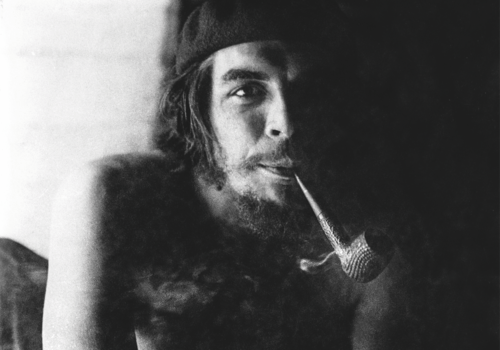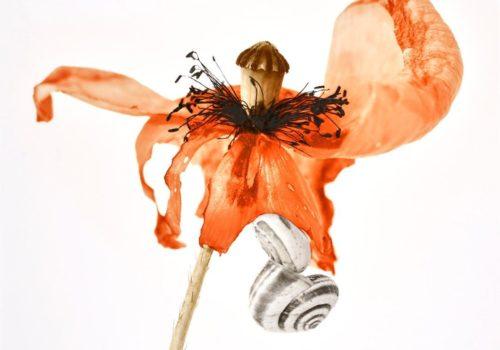Georges Salameh was born in Lebanon, lived in France, then in Sicily and today lives in Greece. Isolitudine is a series comprising his pictures of Sicily from 2005 to 2017. The Eye of Photography spoke to the photographer.
How did photography come into your life?
It was a portrait of my father’s uncle, a portrait cut out from a Dutch newspaper from 1937 that I found when I was clearing my parents’ house in 2010. It’s one of the rare photos of him because he was always behind the camera for most of the photos and 8mm films of the family. This photo encouraged me to ask myself the same question: how did photography come into my life? Suddenly this scene emerged from the depths of my memory: one summer afternoon, in his darkroom, at the age of eight, he gave me my fist camera: a Kodak Instamatic. This memory is not of an image but of a gesture, an act of love.
What camera do you like to use and why?
I don’t have a particular preference, I’ve worked with all sorts of cameras and photographic formats. But since 2005 I’ve used a Mamiya 7 II almost exclusively, a cumbersome choice at first, but for quite a while an ideal tool for my approach which is “slower and slower” (spread over long periods).
Would you describe your approach as sensory and impulsive or, on the contrary, rigorous and meticulous?
I produce images without a well-defined idea, in a way that is both spontaneous and sensory. The inspiration often comes during long hours of walking. Sometimes something emerges in an unexpected way, a memory, an image, a sound or a phrase I’ve read, an experience of a place or a previously seen impression. Also sometimes these walks are used to work on material I’ve already got. The walk becomes instead a process and a pretext for introspection. For our pleasure and health, the walk is a kind of challenge to the speed and the noise. It intensifies curiosity, encourages humility and encourages meditation.
How did your project Isolitudine begin?
Isolitudine is the story of my “self-exile” and my Sicilian refuge. This definition isn’t necessarily pejorative, it’s a means of stepping back and putting myself outside this transitory period of twelve years spent in Sicily in order to contemplate, and to begin to talk about an experience of another, of the foreigner in me.
In this series, which is the photo of which you’re most proud?
I’m not tied to one photo in particular, but rather to what they make up together.
Interview by Joséphine Faisant
Joséphine Faisant is an author specialising in photography. She lives and works in Athens, from where she uncovers local talent.
https://georgessalameh.blogspot.com/

